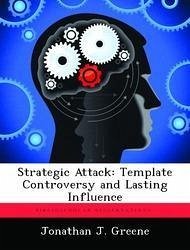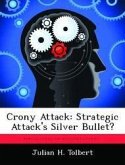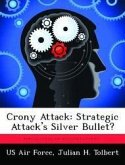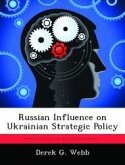This paper examines the new definition of strategic attack contained in Air Force Doctrine and seeks to uncover why it remains a fixture in American military operations despite the controversy regarding its efficacy. Since the advent of aircraft, airpower advocates have expounded on the idea of causing an enemy's collapse by circumventing fielded combat forces and directly striking political, economic, and industrial centers of gravity. When put to the test in World War II, Korea, and Vietnam, heavy bombers employing strategic attack with conventional weapons seemed to produce mixed results because of poor weapons accuracy, bomber vulnerability, and insufficient targets. Only the use of nuclear weapons appeared to prove the decisiveness of strategic attack. Thus, strategic attack is often associated with nuclear weapons, heavy bomber aircraft, and specific target sets. Moreover, since strategic attack flies in the face of traditional force-on-force warfare, many critics believe that overzealous Airmen attempting to dominate joint operations wildly exaggerate the efficacy of conventional strategic attack. To alleviate these misperceptions, the Air Force completely revised its Doctrine Document 2-1.2 Strategic Attack in September 2003. Using historical case studies, this paper tests the new definition and explains why strategic attack continues to appeal to high-level decision makers and military commanders. This paper asserts that the definition is valid, but could be improved if it excluded standard target sets. Additionally, strategic attack has lasting influence because it can: 1) provide an alternative option when a ground commitment is not feasible, 2) create disproportionate effects to the effort expended, and 3) directly affect enemy will without engaging enemy fielded forces.
Hinweis: Dieser Artikel kann nur an eine deutsche Lieferadresse ausgeliefert werden.
Hinweis: Dieser Artikel kann nur an eine deutsche Lieferadresse ausgeliefert werden.








